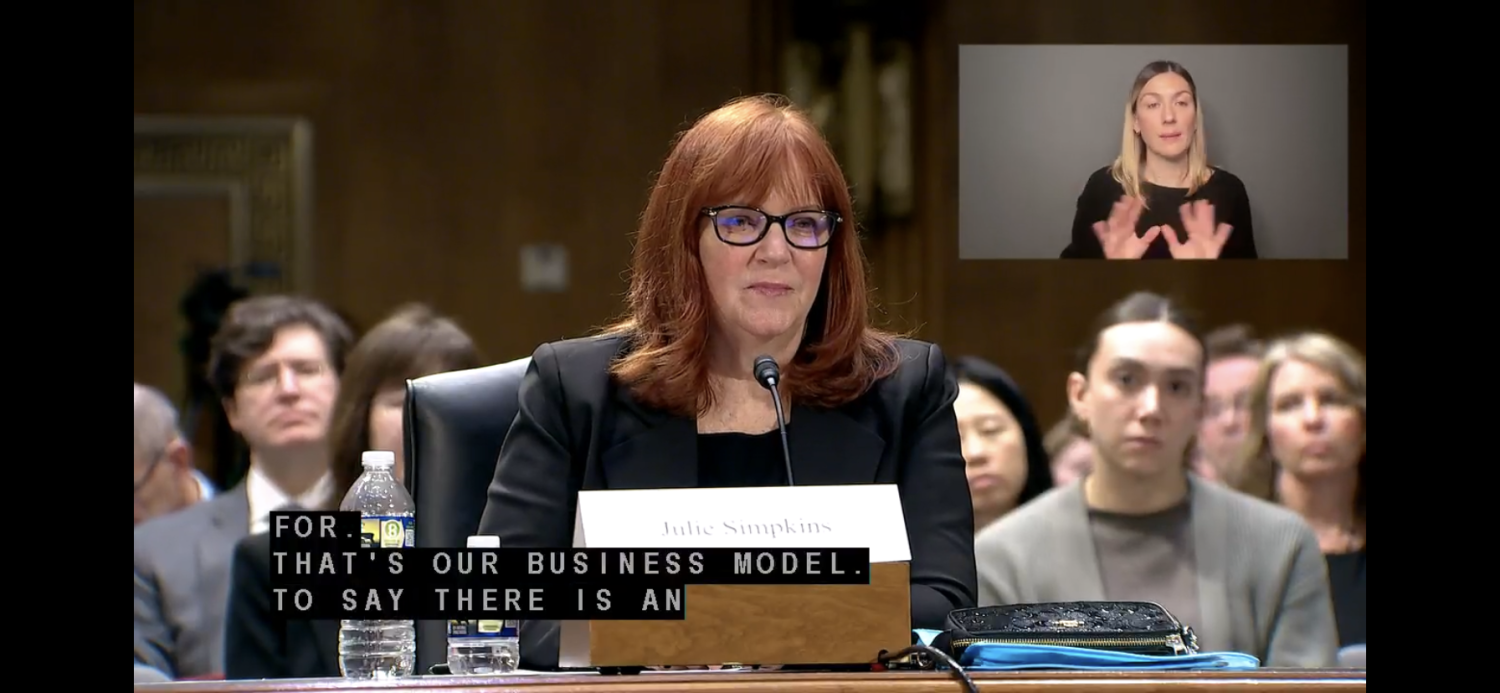By Rick Banas of assisted living provider BMA Management, Ltd.

Every 40 seconds someone in the United States has a stroke, Rochie Estrella told those of us attending an informational program about Stroke Awareness and Prevention held earlier this week at the Heritage Woods of Gurnee affordable assisted living community that BMA manages in Lake County, Illinois.
Rochie is a registered nurse and Stroke Coordinator for Vista Medical Center East in Waukegan. The medical center is the first hospital in Northern Lake County to be accredited by the Joint Commission as a Primary Stroke Center.
Rochie and the hospital are making a big push to get information out into the community so people are aware of what they can do to reduce their risk of a stroke, what the symptoms of a stroke are, and the importance of getting to a hospital and getting treatment right away.
Strokes are the 4th leading cause of death in our country and are a leading cause of physical and mental disability. They can happen to anybody at any time. Women are at a greater risk of suffering a stroke than men.
Rochie explained that there are three different kinds of stroke.
TIAs or Transient Ischemic Attacks are often referred to as mini-strokes. They occur when an artery leading to the brain or an artery in the brain becomes blocked for a short period of time. While the material that Rochie distributed from the National Stroke Association notes that they do not cause any permanent damage, they can be a warning sign of the possibility of a more serious stroke and should not be ignored. Possible symptoms include numbness, trouble speaking and loss of balance or coordination.
Ischemic Strokes are the most common type of stroke. They occur in one of two ways. A blood clot or plaque fragment from somewhere in your body moves through your blood stream to your brain and blocks a blood vessel. Or, a blood clot forms in an artery that supplies blood to your brain, which interrupts blood flow and the supply of oxygen to your brain.
Hemorrhagic Strokes occur when a blood vessel in your brain bursts. The bleeding causes brain cells to die. High blood pressure and brain aneurysms are common reasons for a hemorrhagic stroke.
Rochie talked to us about the warnings signs of a stroke. They include sudden numbness or weakness of the face, arm or leg, especially on one side of the body; sudden confusion, trouble speaking or understanding; sudden trouble seeing in one or both eyes; sudden trouble walking; sudden dizziness; or a sudden loss of balance. Symptoms can also include sudden severe headaches with no known cause.
With a stroke, every minute counts, Rochie said, so she urged us to think and act FAST.
Face — Look for any facial drooping; an uneven smile.
Arm — Check for any kind of arm numbness, tingling or weakness. This also applies to the legs.
Speech — Look for any kind of slurring, difficulty speaking or understanding.
Time — You always want to call 911 and get to a hospital immediately. Be sure to write down the time the symptoms first started. This is valuable information for those treating someone suffering from a stroke to have.
If you are experiencing any signs or symptoms of a stroke, also be sure to let a family member or caregiver know right away.
Rochie also provided us with ways that you can reduce your risk of suffering a stroke. They include the following:
See your doctor regularly. Have your doctor check your blood, medications and vital signs.
Take your medications when and as prescribed. Don’t stop taking your medications because you are feeling better.
Exercise regularly, about 30 minutes of physical activity a day.
Eat a healthy diet.
Maintain a healthy weight.
Don’t smoke. If you do, quit. Smoking can narrow your blood vessels.
Check your blood pressure regularly. High blood pressure is a risk factor for strokes.
Maintain appropriate cholesterol levels. High levels of bad cholesterol can cause the build-up of plaque and narrowing of blood vessels.
To learn more, you can visit www.strokeassociation.org or www.stroke.org.
All affordable assisted living communities managed by BMA Management, Ltd. are certified and surveyed by the Illinois Department of Healthcare and Family Services. All assisted living communities are licensed and surveyed by the Illinois Department of Public Health.
“BMA Management, Ltd. is the leading provider of assisted living in Illinois
and one of the 20 largest providers of assisted living in the United States.”
What are your thoughts? Leave a comment and let us know.




